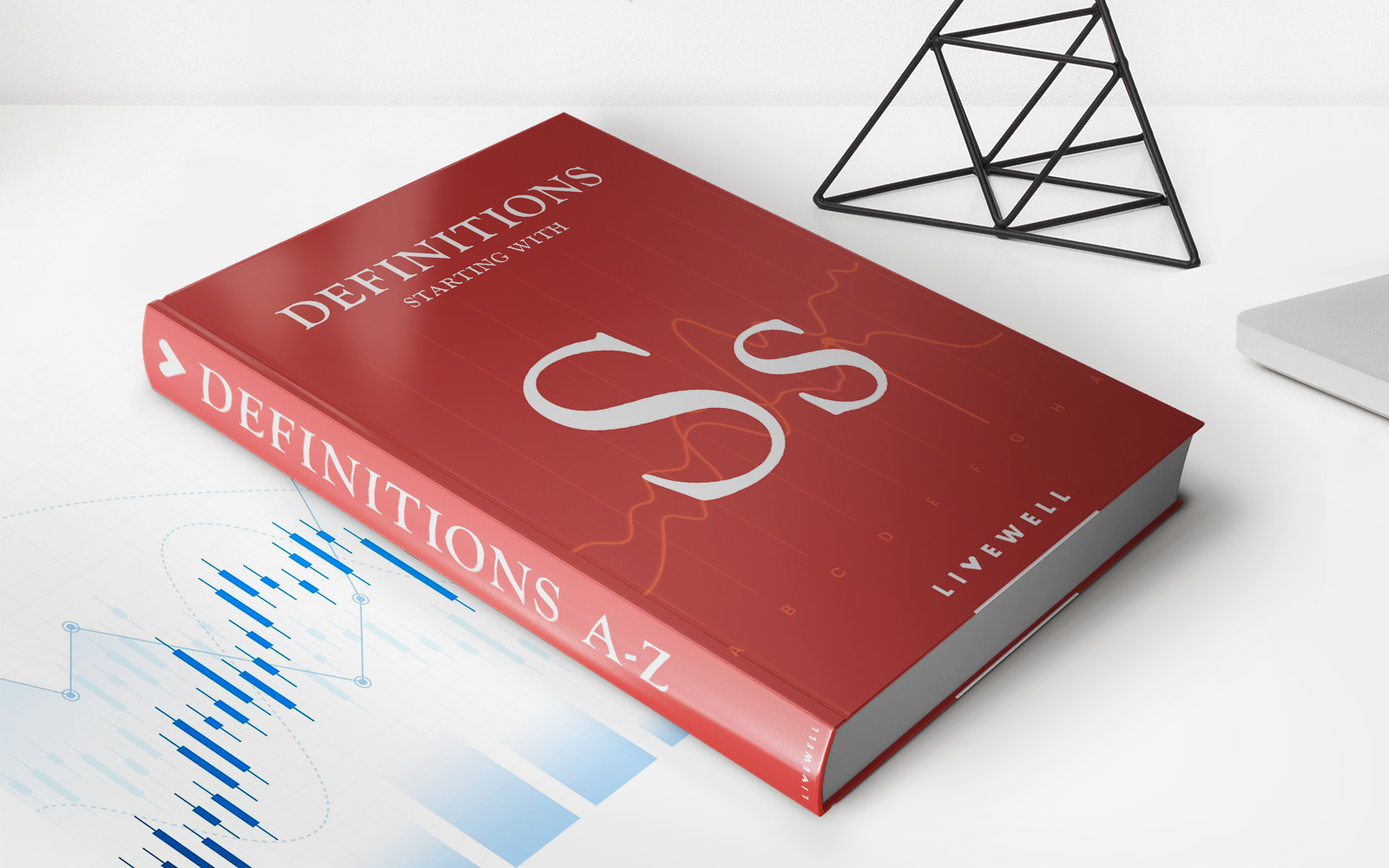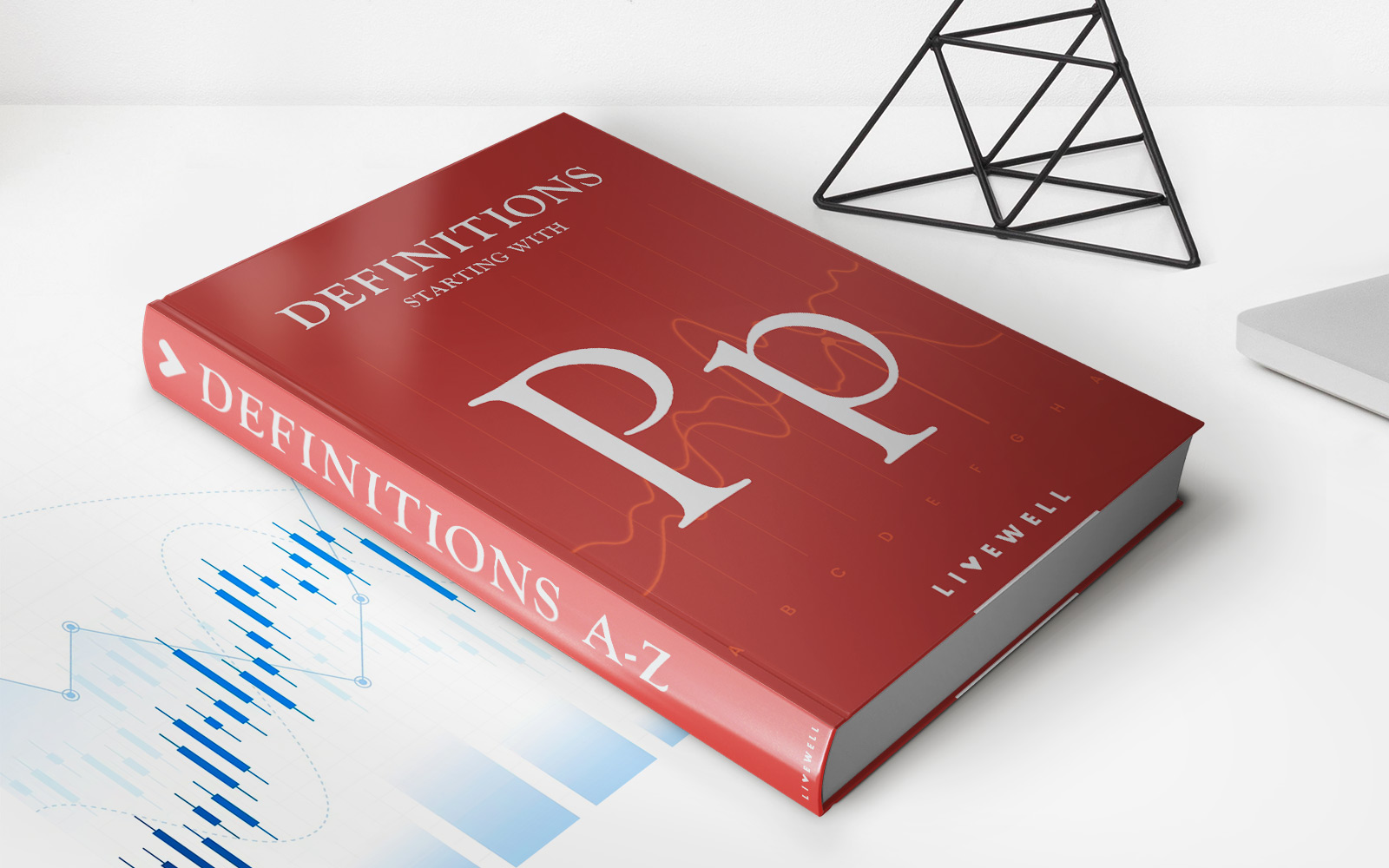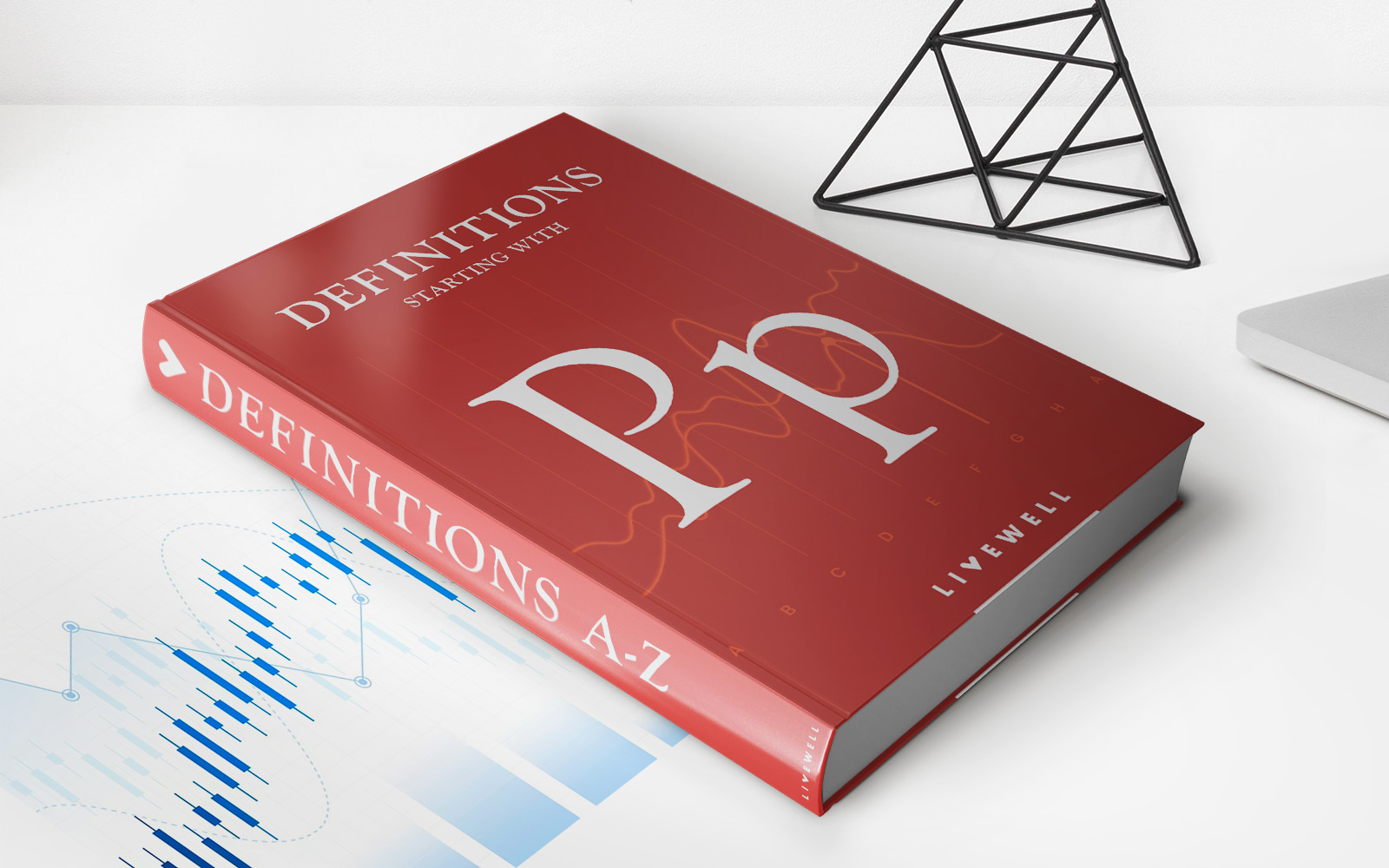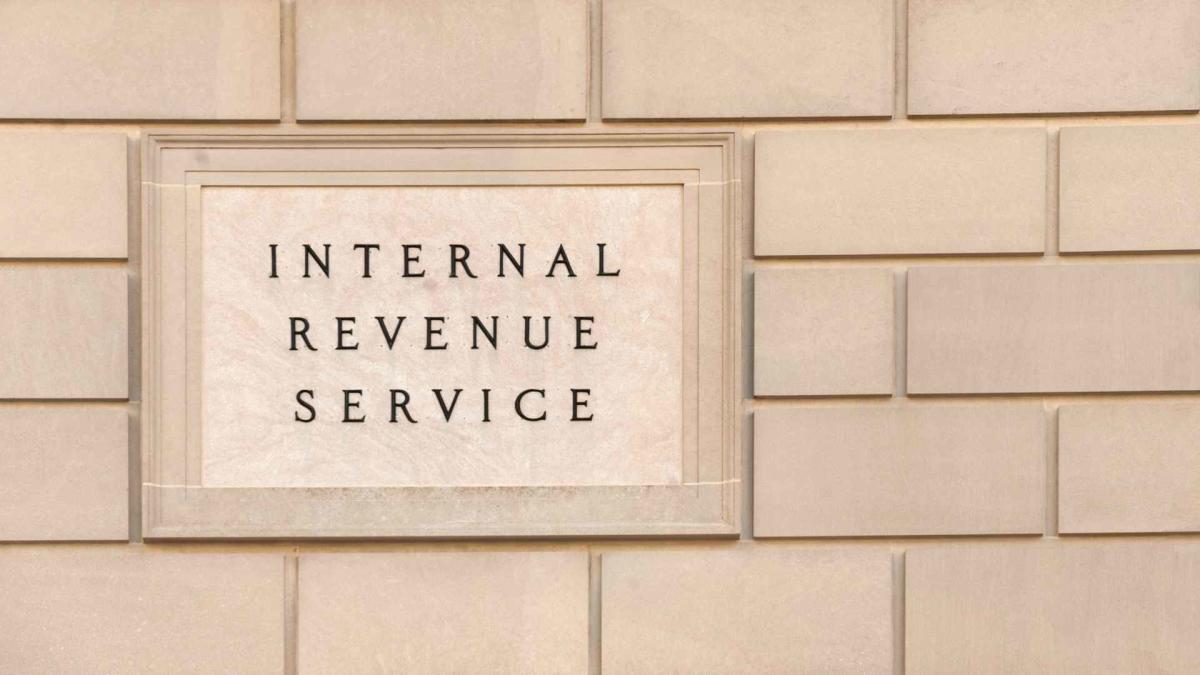Home>Finance>What Is A Condition Precedent? Legal Definition And Examples


Finance
What Is A Condition Precedent? Legal Definition And Examples
Published: October 31, 2023
Learn what a condition precedent is in the legal field and explore its definition and examples. Understand how it relates to finance and its importance in various industries.
(Many of the links in this article redirect to a specific reviewed product. Your purchase of these products through affiliate links helps to generate commission for LiveWell, at no extra cost. Learn more)
Understanding Condition Precedent: A Key Element in Legal Agreements
When it comes to legal agreements, it’s crucial to understand the terms and conditions set out within them. One such element that often appears in contracts is a condition precedent. But what exactly does this term mean, and how does it impact the agreement at hand? In this article, we’ll dive into the legal definition of a condition precedent and provide some examples to help you grasp its significance.
Key Takeaways:
- A condition precedent is a legal term that refers to a specific event or action that must occur before another event or obligation in a contract is triggered.
- Failure to satisfy a condition precedent typically results in the affected party being relieved of their obligations under the contract.
Defining a Condition Precedent
In simple terms, a condition precedent is a specific requirement or condition that must be met before a particular event or obligation can be carried out as outlined in a contract. Think of it as a prerequisite that must be fulfilled for a subsequent action to take place. When a condition precedent is included in a contract, it helps ensure that both parties have fulfilled their respective obligations before moving forward.
To understand this better, let’s consider a hypothetical scenario:
Company A is considering entering into a partnership with Company B for a joint marketing campaign. Before the agreement can move forward, a condition precedent is set: Company B must provide a detailed marketing plan outlining their proposed strategies and budget allocation. Until Company B fulfills this condition precedent, Company A is not obligated to proceed with the joint campaign.
Real-Life Examples
Here are a few examples of condition precedent in different legal contexts:
- Real Estate: When purchasing a property, the buyer’s obligation to proceed with the sale may be contingent upon the satisfactory completion of a property inspection or the buyer securing a mortgage loan.
- Employment Contracts: An employee’s entitlement to certain benefits, such as stock options or bonus payments, may be subject to achieving specific performance targets or meeting other predetermined conditions.
- Construction Contracts: A contractor’s payment for completed work may be conditioned upon inspections, quality approvals or obtaining necessary permits.
Conclusion
A condition precedent is an essential concept to grasp when it comes to understanding legal agreements. By defining specific requirements or actions that must be fulfilled before progressing with an event or obligation, condition precedents help protect the interests of all parties involved. It’s important to carefully review and comprehend the conditions outlined in a contract to ensure that all obligations and prerequisites are met to avoid potential disputes or misunderstandings.
In conclusion, whether you’re involved in a real estate transaction, employment agreement, or construction project, being aware of condition precedents and their implications is crucial to ensuring a smooth and successful outcome.














